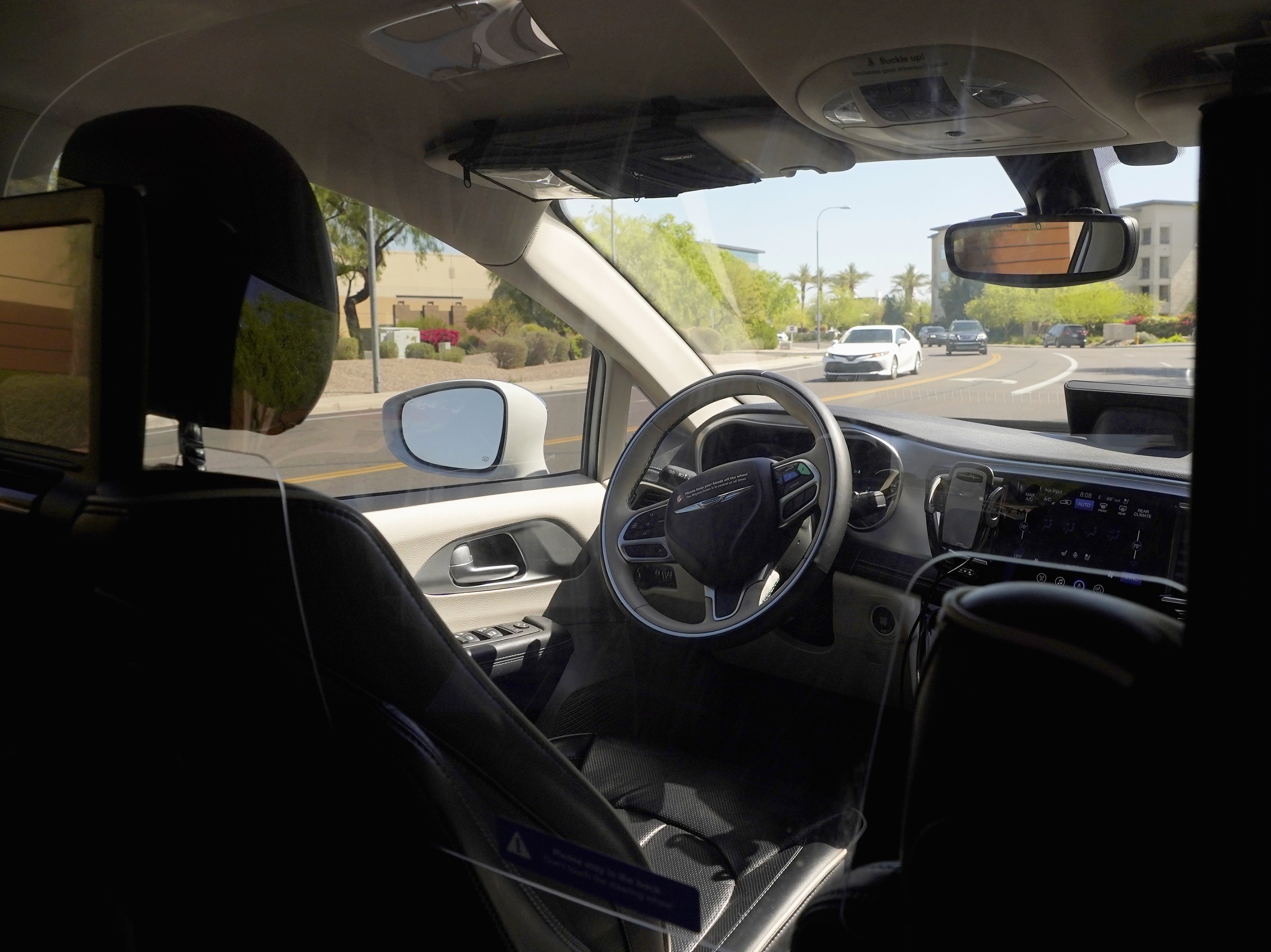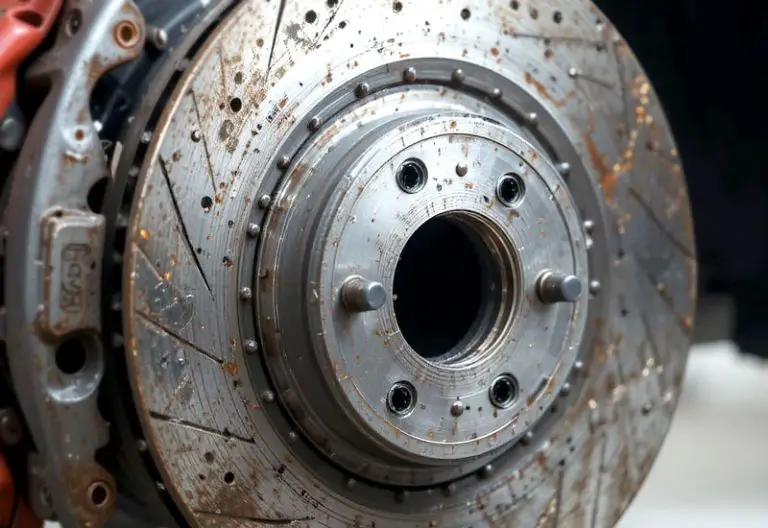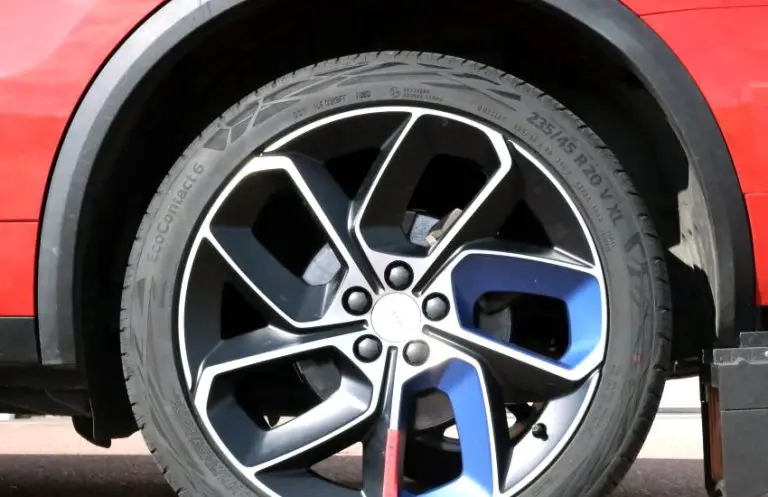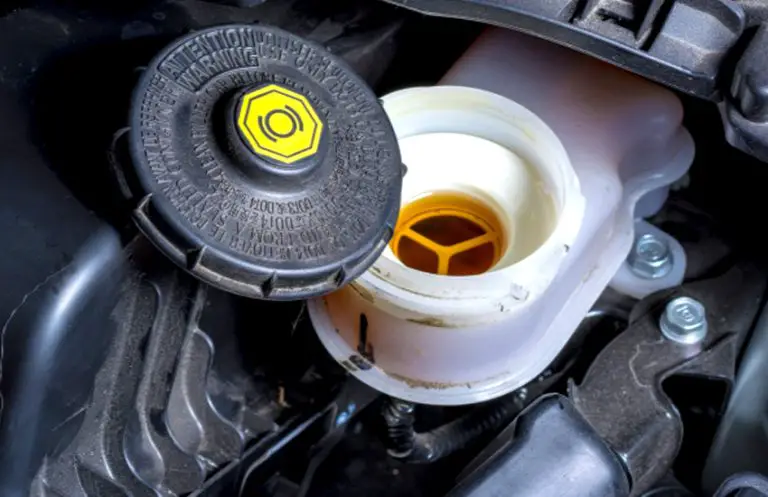Operating a car without front brakes is extremely dangerous and illegal due to safety concerns. The front brakes provide the majority of stopping power for a vehicle, and without them, the ability to slow down or stop efficiently is compromised.
In addition, driving with only rear brakes can lead to loss of control, increased stopping distances, and is a major safety hazard for both the driver and others on the road. When considering the importance of all components of a vehicle, the brakes are undoubtedly one of the most critical for ensuring safe operation.
Without properly functioning brakes, the risk of accidents and injuries significantly increases. Therefore, it is essential to maintain all parts of a car, especially the brakes, to guarantee a safe driving experience for everyone on the road.

Credit: www.wired.com
The Role Of Front Brakes
The Role of Front Brakes is crucial for the safe operation of a car. Front brakes play a vital role in ensuring that a vehicle can come to a stop efficiently and effectively. In this article, we will explore the importance and function of front brakes, shedding light on whether it is possible to operate a car without them.
Importance Of Front Brakes
Front brakes are an essential component of a car’s braking system, emphasizing their significance in overall vehicle safety. They contribute to the majority of the car’s stopping power, allowing drivers to stop quickly and safely when needed. Without front brakes, the ability to control the car’s speed and halt it promptly in emergency situations would be severely compromised.
The front brakes distribute the stopping force proportionally, ensuring that the car is brought to a controlled and balanced stop. This is crucial for maintaining stability and preventing accidents, especially during sudden stops or when encountering obstacles on the road.
Front brakes also enhance the overall braking performance of a car. They dissipate the heat generated during the braking process efficiently, preventing brake fade and maintaining optimal braking performance over prolonged use.
Function Of Front Brakes
The primary function of front brakes is to generate friction and convert the kinetic energy of the moving car into heat energy, thus slowing down or stopping the vehicle. This is achieved through a hydraulic system that utilizes brake fluid to transmit force from the brake pedal to the brake calipers, clamping down on the rotors.
The front brakes consist of several components, each playing a specific role in the braking process. These include the brake pads, rotors, calipers, and brake lines. The brake pads, situated on both sides of the rotor, are pressed against it when the brake pedal is engaged, creating the friction required to stop the car. The calipers, connected to the brake pads, house the pistons that control their movement. The brake lines carry the brake fluid to the calipers, enabling the transfer of force between the pedal and the brakes themselves.
Together, these components work seamlessly to ensure that the car can come to a safe and controlled stop. The front brakes bear a significant portion of the braking force and therefore require regular maintenance and inspection to ensure proper functionality.
Operating A Car Without Front Brakes
Operating a Car Without Front Brakes:
Challenges Of Operating Without Front Brakes
A car without front brakes faces difficulties in controlling speed and maneuvering through traffic.
Impact On Handling And Stopping Distances
The handling of the vehicle becomes compromised, affecting stopping distances and overall safety.
Debating Safety
Pros And Cons Of Removing Front Brakes
Removing front brakes may reduce weight, improve acceleration, and enhance steering responsiveness.
- Pros: Weight reduction, quicker acceleration, better steering.
- Cons: Longer stopping distance, increased risk of accidents.
Expert Opinions On Safety
Experts generally advise against removing front brakes due to the significant safety risks involved.
- Most experts recommend keeping all brake systems intact for optimal safety.
- Mechanical professionals stress the importance of maintaining front brakes for safe driving.
Legal And Mechanical Considerations
Considering both legal and mechanical aspects, it is illegal and unsafe to operate a car without front brakes. Front brakes are crucial for stopping the vehicle safely, and driving without them poses serious risks to both the driver and others on the road.
Always ensure your vehicle is properly maintained for safe operation.
Laws And Regulations
Operating a car without front brakes raises several legal and mechanical considerations, both of which are crucial for your safety on the road. Understanding the laws and regulations surrounding this issue is important, as it will determine whether it is legal to operate a vehicle without front brakes in your area. Additionally, being aware of the potential implications for other brake systems is necessary in order to make an informed decision. Let’s delve into these aspects in more detail.Implications For Other Brake Systems
When you remove the front brakes from a car, it not only affects the braking system directly, but it can also have implications for other brake systems. The front brakes typically handle a majority of the braking force, and their absence can cause an uneven distribution of braking power. This places additional strain on the rear brakes and could potentially lead to premature wear or failure. It is vital to understand how removing the front brakes may impact the performance and reliability of the other brake components, ensuring that the vehicle remains safe to drive.Alternatives To Front Brakes
When it comes to driving, front brakes are essential for safe operation. However, there are situations where you might need to consider alternatives to front brakes. Let’s explore some potential alternatives that can help you operate a car without front brakes.
Emergency Braking Systems
In the absence of front brakes, emergency braking systems can serve as a crucial alternative. These systems are designed to provide added safety in emergency situations, allowing you to bring your vehicle to a stop using alternative braking mechanisms. They often include features such as hydraulic backup systems or integrated brake force distribution to enhance stopping power.
Enhancing Rear Brakes
Another option is to focus on enhancing the performance of the rear brakes. By optimizing the rear braking system, you can compensate for the reduced braking power from the front. This may involve upgrading the rear brake pads, rotors, or calipers to improve overall braking efficiency, providing a backup in the absence of functional front brakes.

Credit: toyotatimes.jp
Understanding Brake Systems
Operating a car without front brakes is extremely dangerous and illegal. The front brakes provide about 70% of the vehicle’s total stopping power, so driving without them poses a severe risk to both the driver and other road users. It’s vital to ensure the entire brake system is in good working condition for a safe driving experience.
Comprehensive Brake System Overview
Car enthusiasts often wonder if it’s possible to operate a vehicle without front brakes. The truth is, while it is technically possible to drive without front brakes, it is highly dangerous and should never be attempted. To fully grasp this issue, it’s vital to understand the intricacies of a car’s brake system.
Balancing Brake Distribution
The comprehensive brake system of a car is designed to distribute braking force between the front and rear wheels, ensuring optimal stopping power. Front brakes handle a significant portion of the vehicle’s stopping ability; however, the rear brakes also play a crucial role in maintaining balance and stability during braking. In modern cars, brake distribution is carefully balanced to provide maximum safety and control. If the front brakes fail, the rear brakes function as a last line of defense, but they are not designed to bear the entire braking load. Attempting to operate a car without functioning front brakes can lead to severe loss of control, especially during emergency braking situations.
Impact On Vehicle Insurance
Operating a car without front brakes can have a significant impact on vehicle insurance. It is dangerous and illegal to drive without functioning brakes, and insurance companies may deny coverage or increase premiums for such violations. Be sure to maintain your car’s brakes for your safety and insurance benefits.
Insurance Policy Implications
When operating a car without front brakes, one of the immediate concerns is the impact on your vehicle insurance policy. Insurance providers consider the condition and safety features of your vehicle when determining premiums and coverage. Having functional brakes, including front brakes, is essential for the safe operation of a car. By removing or disabling the front brakes, you not only put yourself and others at risk but also run the risk of invalidating your insurance policy.Cost Considerations
The cost implications of operating a car without front brakes extend beyond the potential risk of accidents and jeopardizing your insurance policy. While you may think that removing the front brakes saves you money in terms of maintenance costs, it can actually lead to expensive repairs in the long run. Without front brakes, your car’s braking system will overwork the rear brakes, potentially causing premature wear and tear, brake failure, and costly repairs to the rear braking system.Furthermore, any potential savings from not maintaining or replacing front brakes may quickly be negated by the increased cost of insurance or even potential legal penalties. When an insurance provider discovers that your car does not have front brakes, they may view it as a serious safety hazard and increase your insurance premiums accordingly. Moreover, driving without functional front brakes may be considered a violation of traffic laws, resulting in fines or even legal consequences.In addition to the financial implications, operating a car without front brakes also poses significant safety risks. Brakes are a critical component for controlling and stopping your vehicle, and removing the front brakes severely compromises your ability to react to sudden hazards or emergency situations. This can put you, your passengers, and others on the road in grave danger. In the event of an accident or collision, the lack of front brakes can also increase the severity of injuries and property damage.In conclusion, while it might be tempting to operate a car without front brakes to save costs, the impact on vehicle insurance should be a major concern. Insurance policy implications and increased premiums are a potential consequence. It is important to prioritize safety and ensure that your vehicle is properly maintained and equipped with all necessary safety features, including fully functional front brakes.To summarize, operating a car without front brakes has significant implications for your vehicle insurance. It can lead to increased premiums, potential legal penalties, and costly repairs. Moreover, it compromises your safety as well as that of others on the road. Therefore, it is crucial to prioritize safety and maintain your vehicle’s braking system in good working condition.
Credit: www.npr.org
Conclusion
Operating a car without front brakes is extremely dangerous and should never be attempted. Front brakes are crucial for controlling a vehicle’s speed and stopping it safely. Without front brakes, drivers are at risk of losing control and causing accidents.
It is important to regularly maintain and replace worn-out brake pads to ensure the safety of both the driver and others on the road. So, always prioritize the functionality of your front brakes and never compromise on safety.


